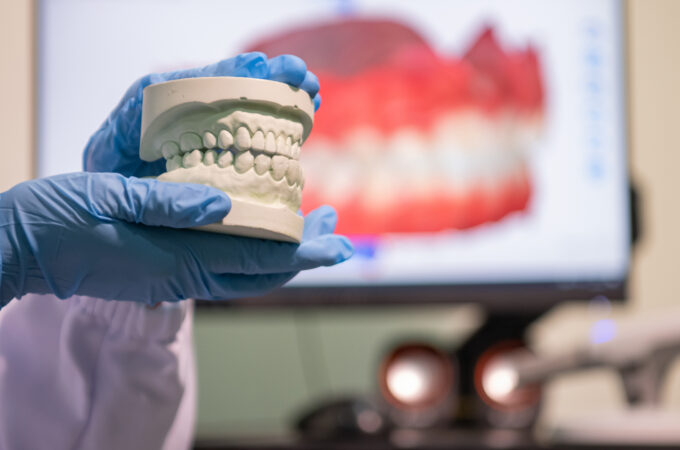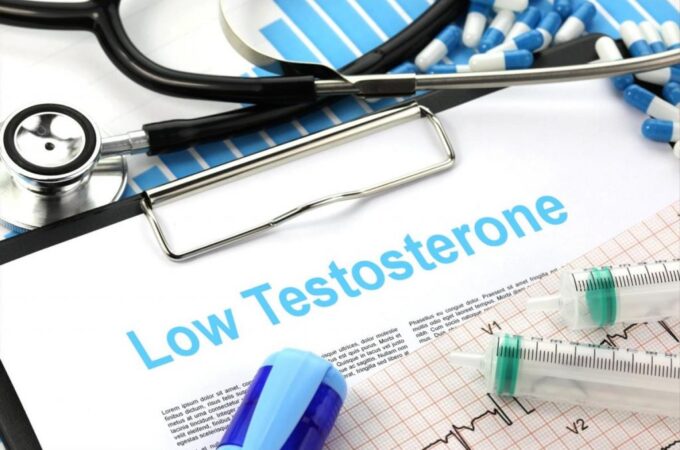
Decoding Ovarian Reserve and Low AMH: Understanding Their Impact on Fertility
Although women may share the same anatomical body parts, the way these parts function can vary significantly from person to person. That is why some women may conceive easier than others. However, when it comes to fertility, a woman’s ovarian reserve plays a vital role. Ovarian reserve indicates the quantity and quality of a woman’s eggs.
One key marker to assess ovarian reserve is the Anti-Mullerian Hormone (AMH) level. So, based on this connection, this article focuses on unpacking ovarian reserve and low AMH and their effect on fertility.
What is Ovarian Reserve?
The ovarian reserve represents the number of eggs a woman has in her ovaries and their potential to develop into healthy embryos. Your ovarian reserve naturally declines with age, starting from birth. However, the decline accelerates as you reach your 30s and becomes more significant after age 35.
Diminished ovarian reserve can lead to difficulties in conceiving naturally and increased chances of fertility-related challenges.
Understanding Anti-Mullerian Hormone (AMH)
AMH is a hormone. Its production occurs in the developing follicles in a woman’s ovaries. The AMH level in the blood indicates the remaining egg supply. A low AMH level is typically associated with diminished ovarian reserve, indicating that the number of eggs available for fertilisation is lower than expected for your age.
Impacts of Low AMH on Fertility
- Difficulty in Conceiving: Low AMH levels often indicate a reduced egg supply, making it more challenging to conceive naturally. Low AMH may increase the length of time it takes you to become pregnant, as the ovaries may produce fewer high-quality eggs.
- Decreased Ovarian Response to Stimulation: Low AMH levels may reduce response to fertility treatments, such as in vitro fertilisation (IVF). As a result, you may require higher doses of fertility medicines to stimulate your ovaries and produce adequate eggs for retrieval.
- Increased Risk of Poor Egg Quality: A decline in ovarian reserve can also affect the quality of the remaining eggs. This poor egg quality can lead to a higher risk of chromosomal abnormalities, failed fertilisation, and miscarriages.
- Early Menopause: Low AMH levels may induce an early onset of menopause. Early menopause can limit your chances of conceiving naturally and may require alternative fertility options, such as egg freezing or donor eggs.

Seeking Fertility Assistance
If you suspect you have low ovarian reserve or low AMH levels, it is essential to consult with a fertility specialist. They can evaluate your fertility potential through various diagnostic tests, including AMH blood tests, antral follicle counts, and ovarian ultrasound examinations.
Treatment Options
Although low ovarian reserve and low AMH levels can present challenges, several treatment options can help if you are dealing with diminished fertility:
- Fertility Preservation: If you are not ready to conceive yet but are concerned about your future fertility, consider fertility preservation techniques such as egg freezing. This procedure allows you to freeze your eggs when they are still of good quality and use them later.
- Assisted Reproductive Techniques: In cases where natural conception is challenging, assisted reproductive technologies like IVF and ovarian rejuvenation can help increase your chances of pregnancy. Your fertility specialist may adjust the treatment protocol to optimise the response to medications and increase the number of eggs retrieved.
- Donor Eggs: If the quantity or quality of your eggs is severely compromised, using donor eggs can be a viable option for achieving pregnancy. This alternative involves fertilising donor eggs with your partner’s sperm or donor sperm and transferring the resulting embryos into your uterus.
Conclusion
Understanding the importance of ovarian reserve and the implications of low AMH levels is crucial when seeking to start or expand your family. While low AMH levels may present fertility challenges, advancements in reproductive medicine offer several options to overcome these obstacles. By seeking appropriate medical guidance and exploring available fertility treatments, you can improve your chances of achieving a successful pregnancy and fulfilling your dreams of parenthood.




